Backyards used to be a place where homeowners could freely build, plant, or entertain. However, changing laws, environmental concerns, and community standards have tightened what you can and cannot do on your property. Many restrictions aim to protect neighbors, preserve safety, and maintain property values. From fire pits to farm animals, some previously harmless traditions now come with strict rules or outright bans. Whether you’re a homeowner or renter, knowing these limitations can help you avoid fines or disputes. Here are twenty once-common backyard features and activities that may no longer be allowed where you live.
1. Open Fire Pits
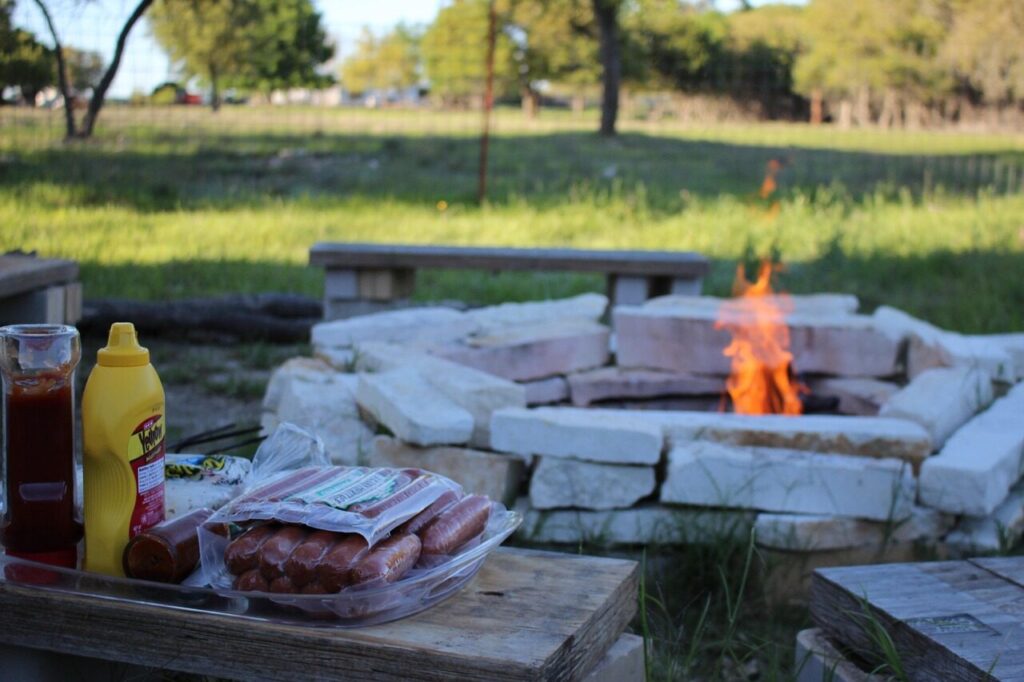
Open fire pits were once a cozy way to gather outdoors, but many cities have banned them due to fire hazards and air pollution concerns. Uncontained flames can easily spread, especially in dry or windy conditions. Even smokeless fire pits may require permits or distance regulations from structures and property lines. Communities with strict air quality standards also restrict burning wood, leaves, or trash. If you still want that outdoor warmth, consider a gas-powered fire bowl or an electric heater, which provide ambiance and comfort without violating local fire safety codes.
2. Raising Farm Animals
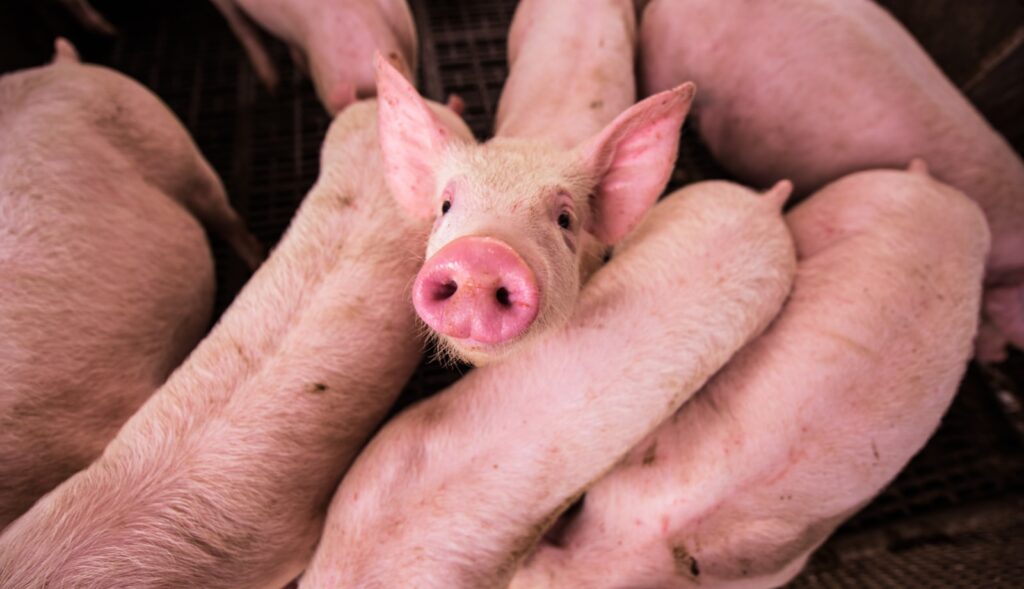
Keeping chickens, goats, or pigs might seem charming, but most suburban and urban zones no longer allow livestock. Noise, odor, and waste management issues often lead to complaints from neighbors. Many cities limit or prohibit roosters due to their early morning crowing, while others ban animal enclosures altogether. Local ordinances may also require minimum lot sizes, sanitation standards, or permits. Instead, residents can explore community gardens or pet-friendly alternatives that suit smaller spaces. It’s best to check with your city’s zoning office before setting up a coop or pen to avoid unexpected citations.
3. Installing Large Sheds Without Permits
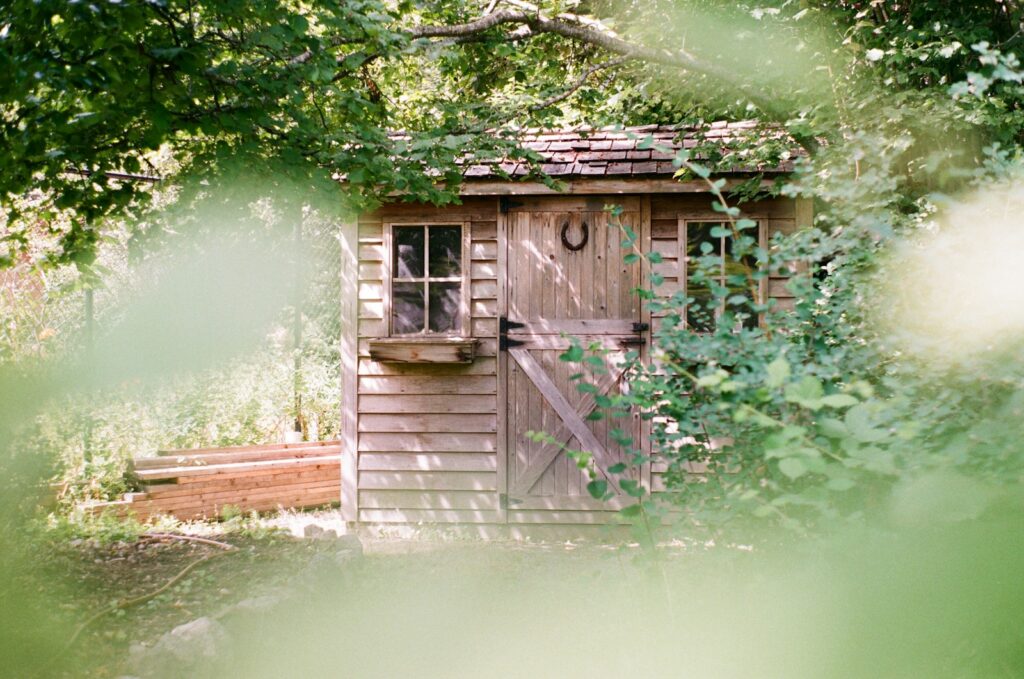
A backyard shed can offer convenient storage, but adding one without approval can break zoning laws. Many areas require a permit for structures over a certain size, especially if they include electricity or plumbing. Authorities want to ensure the shed meets safety and setback standards, protecting both property lines and drainage systems. Homeowners’ associations may also have style or color restrictions to preserve neighborhood harmony. To stay compliant, always review building codes and secure permits before construction. Choosing prefabricated or small-scale models may also help avoid lengthy paperwork or costly penalties.
4. Using Pesticides or Chemical Fertilizers
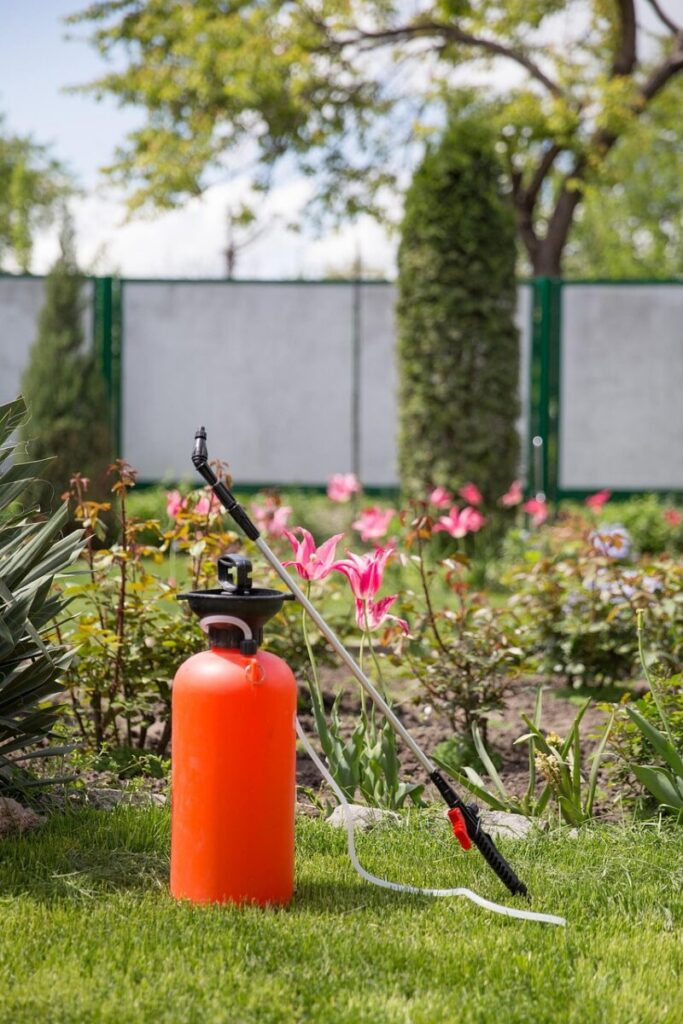
Harsh pesticides and chemical fertilizers once dominated backyard gardening, but many municipalities now restrict or ban their use. These substances can contaminate groundwater, harm pollinators, and pose health risks to children and pets. Some regions only allow organic or low-toxicity alternatives, encouraging eco-friendly lawn care. Homeowners are urged to use natural pest deterrents or compost-based fertilizers instead. Staying informed about local environmental policies not only protects your garden but also supports sustainability efforts within your community. Clean, green lawns now prioritize safety over quick chemical fixes, ensuring a healthier ecosystem for everyone.
5. Building Treehouses or Playsets Too Close to Fences
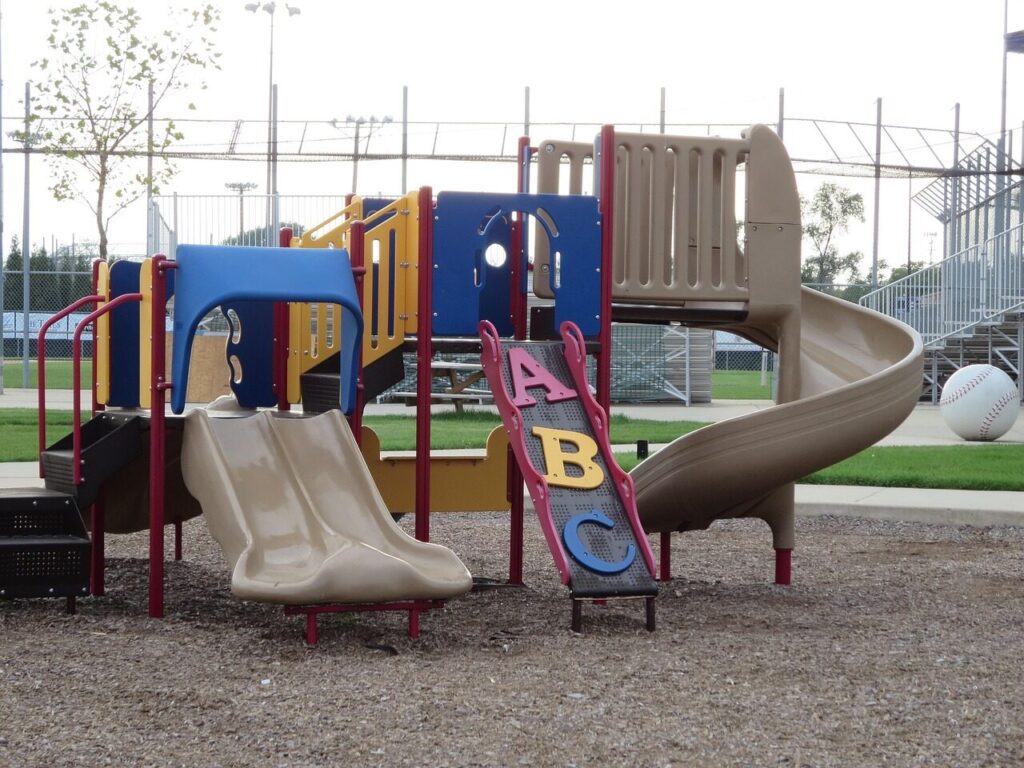
Treehouses and playground equipment bring joy to families, but safety and privacy rules now regulate their placement. Many cities require these structures to be set back several feet from property lines or fences to prevent damage and reduce noise disturbances. Height restrictions also apply to prevent overlooking neighboring yards. Additionally, proper anchoring and safe materials are often mandated. Always consult your local building office before installing swings or slides. Doing so ensures your backyard remains fun for kids and respectful of your neighbors’ space, avoiding disputes or removal orders later on.
6. Outdoor Lighting That Disturbs Neighbors
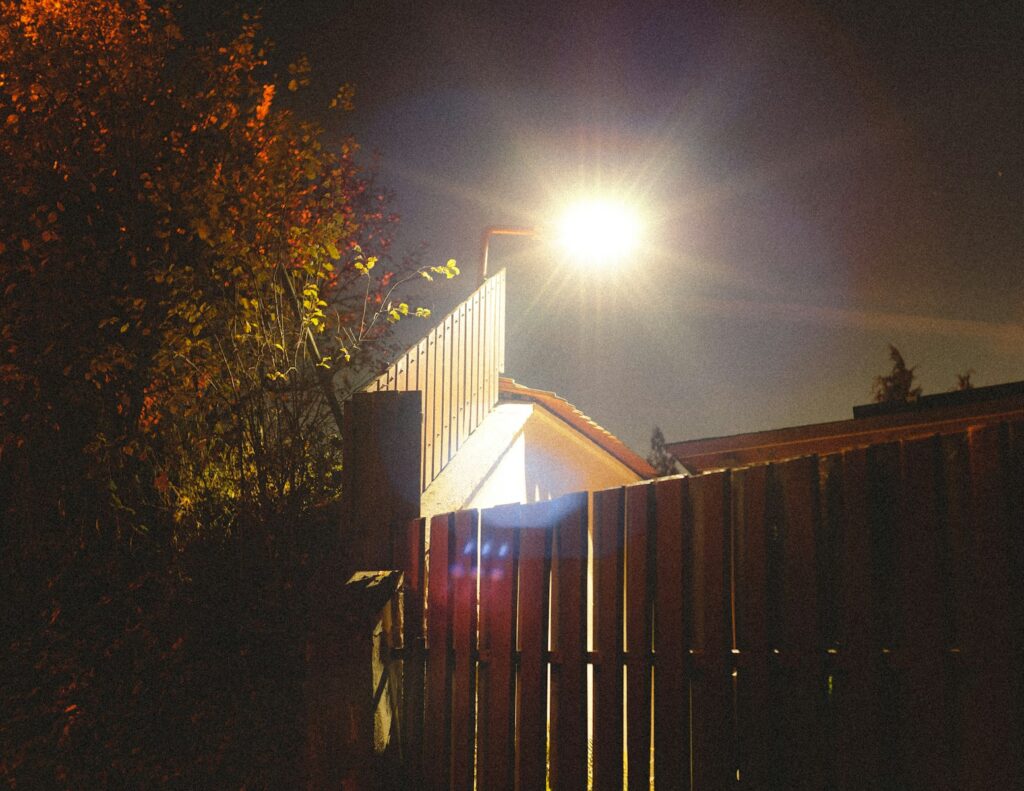
Outdoor lighting enhances safety and ambiance, but excessive brightness or poorly directed beams can violate light pollution ordinances. Many communities have adopted “dark sky” laws to reduce glare and preserve nighttime visibility. Lights that spill into neighboring yards or bedrooms may lead to complaints or fines. To stay compliant, use motion sensors, downward-facing fixtures, and warm-toned bulbs. This approach keeps your backyard well-lit while maintaining a peaceful environment for everyone nearby. Responsible lighting design not only meets regulations but also saves energy and protects wildlife that relies on natural night cycles.
7. Loud Music or Late-Night Gatherings
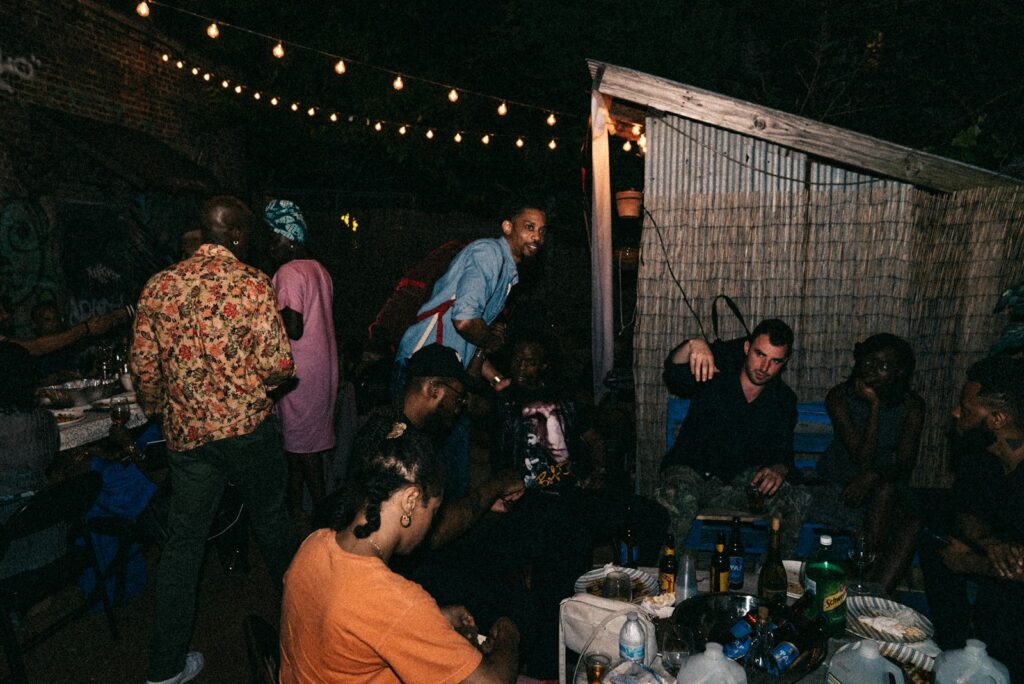
Backyard parties are fun until the noise carries beyond your fence. Most municipalities enforce quiet hours, typically after 10 p.m., to maintain neighborhood peace. Violations can result in warnings, fines, or even visits from law enforcement. Portable speakers, karaoke machines, and outdoor TVs are often the main culprits. To avoid issues, keep volumes reasonable and inform neighbors ahead of time if you plan a celebration. Installing outdoor sound barriers or moving gatherings indoors after dark can also help. Respecting local noise ordinances ensures everyone enjoys their space without unnecessary tension or complaints.
8. Burning Trash or Yard Waste
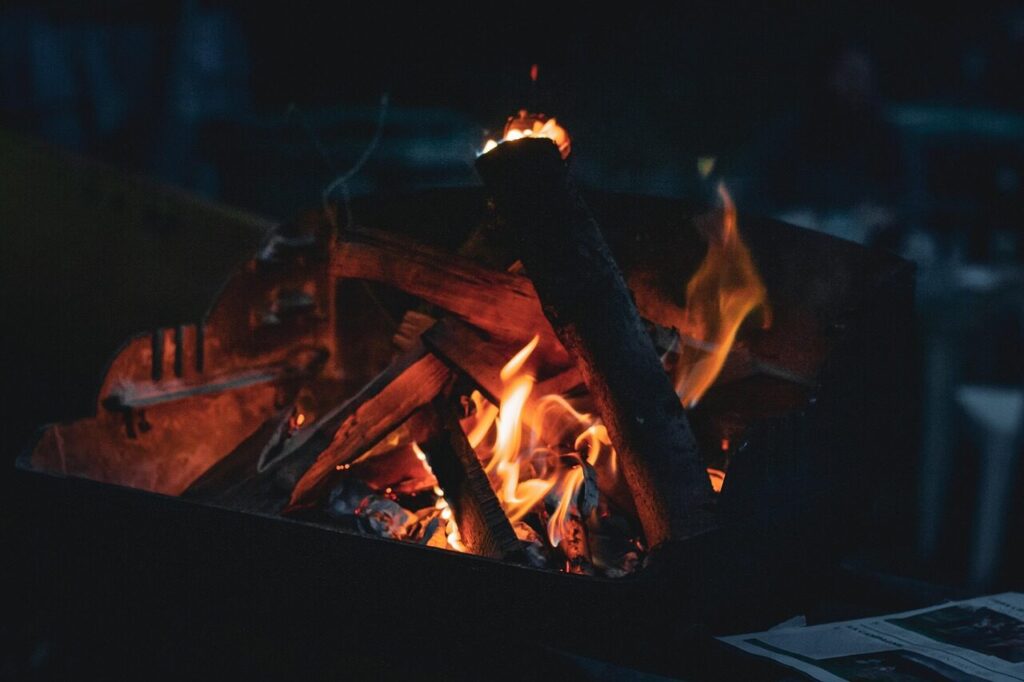
Openly burning leaves, paper, or garbage was once common, but it’s now banned in many places due to environmental and safety concerns. Smoke from burning waste releases harmful chemicals that pollute the air and contribute to respiratory issues. Additionally, uncontrolled fires can quickly spread, especially during dry seasons. Most cities provide designated collection services or composting programs for yard debris. Instead of lighting a match, homeowners are encouraged to recycle or compost their organic waste responsibly. Following these rules keeps communities cleaner, safer, and more environmentally conscious throughout the year.
9. Installing Tall Fences Without Approval
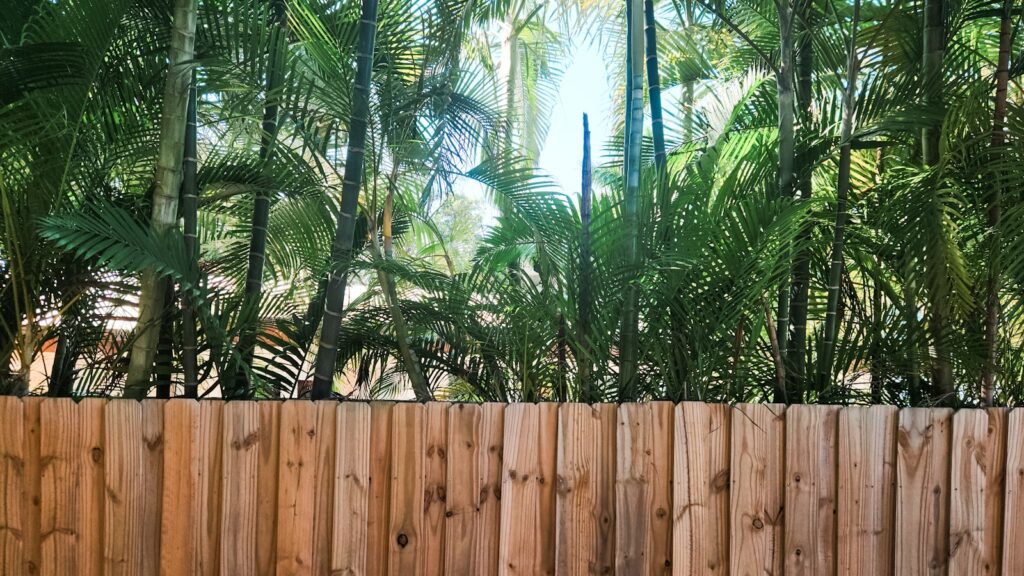
While fences provide privacy and security, their height and material are often regulated by zoning laws or homeowners’ associations. Building a fence taller than allowed or using non-compliant materials can lead to fines or forced removal. Most areas restrict front yard fences to around four feet and backyards to six, although this varies. Always verify local guidelines before construction. Additionally, some neighborhoods require matching designs or colors for aesthetic consistency. Properly following these standards ensures your fence enhances your property while maintaining community harmony and avoiding costly legal disputes later.
10. Collecting Rainwater Without Permission
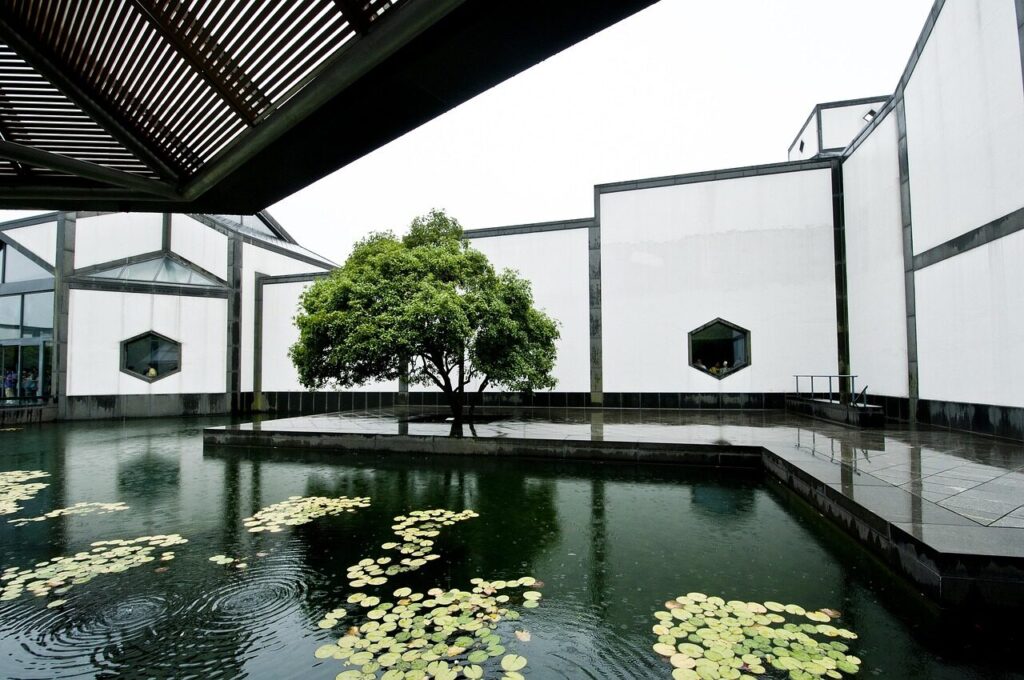
Rainwater harvesting is an eco-friendly practice, but in some states and municipalities, it’s restricted or regulated. The reason lies in water rights and conservation management, as runoff often feeds shared water systems. Homeowners may need special permits or approved storage systems to collect rainwater legally. Using unapproved containers can lead to contamination or mosquito breeding. If permitted in your area, ensure your setup follows safety standards, including sealed barrels and proper filtration. Responsible collection not only conserves water but also aligns with local sustainability goals without violating environmental regulations.
11. Planting Invasive Species
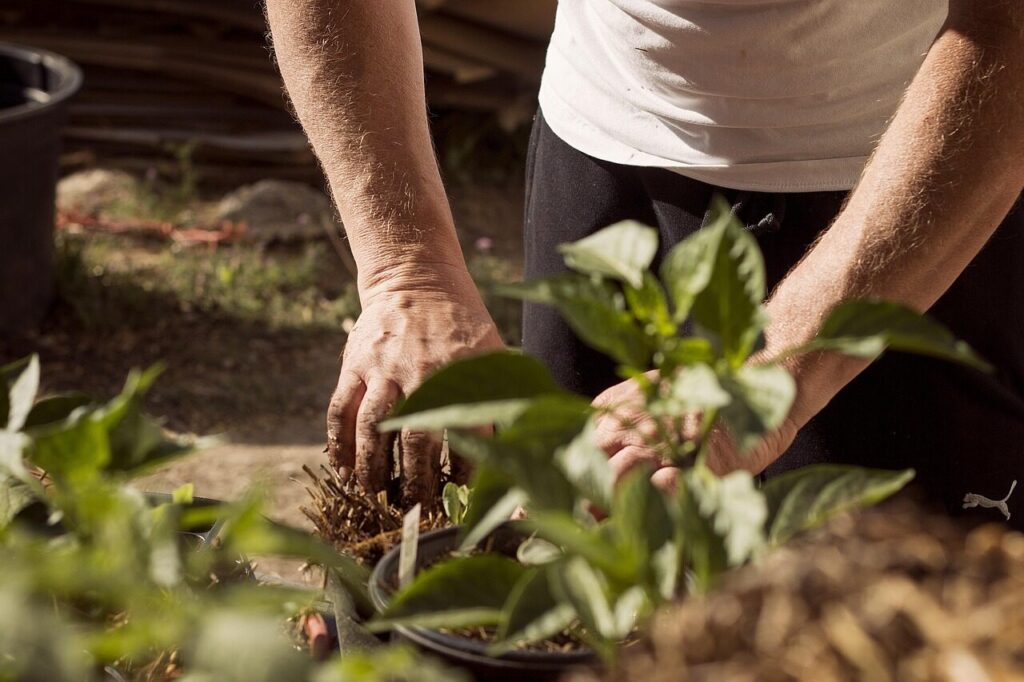
Certain plants, once prized for beauty or rapid growth, are now banned for being invasive. Species like bamboo, kudzu, or English ivy can overtake native vegetation and damage property foundations. Many localities have published lists of prohibited plants to protect ecosystems. Homeowners are encouraged to replace invasive varieties with native or drought-tolerant alternatives that require less maintenance. This shift supports biodiversity and prevents costly removal efforts later. Understanding which plants are restricted helps maintain a balanced garden that complements both your property and the surrounding natural environment responsibly.
12. Building Pools Without Safety Barriers
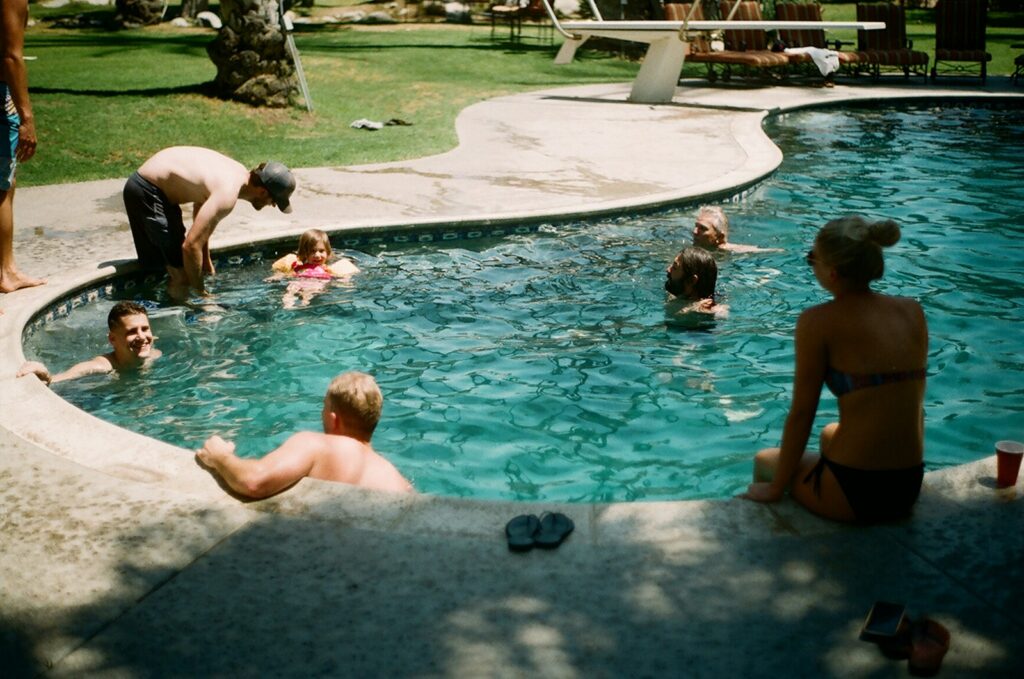
Swimming pools offer backyard luxury, but strict safety codes now govern their installation. Most regions require fences or self-latching gates around pools to prevent accidental drownings, especially involving children. Unpermitted or unprotected pools can lead to heavy fines and liability risks. Additionally, some areas mandate pool covers or alarms. Regular inspections ensure compliance with depth, drainage, and sanitation standards. By following these rules, homeowners protect both their families and their neighbors. Adhering to safety regulations makes your backyard pool a secure place for relaxation rather than a potential hazard.
13. Storing Junk or Unused Vehicles
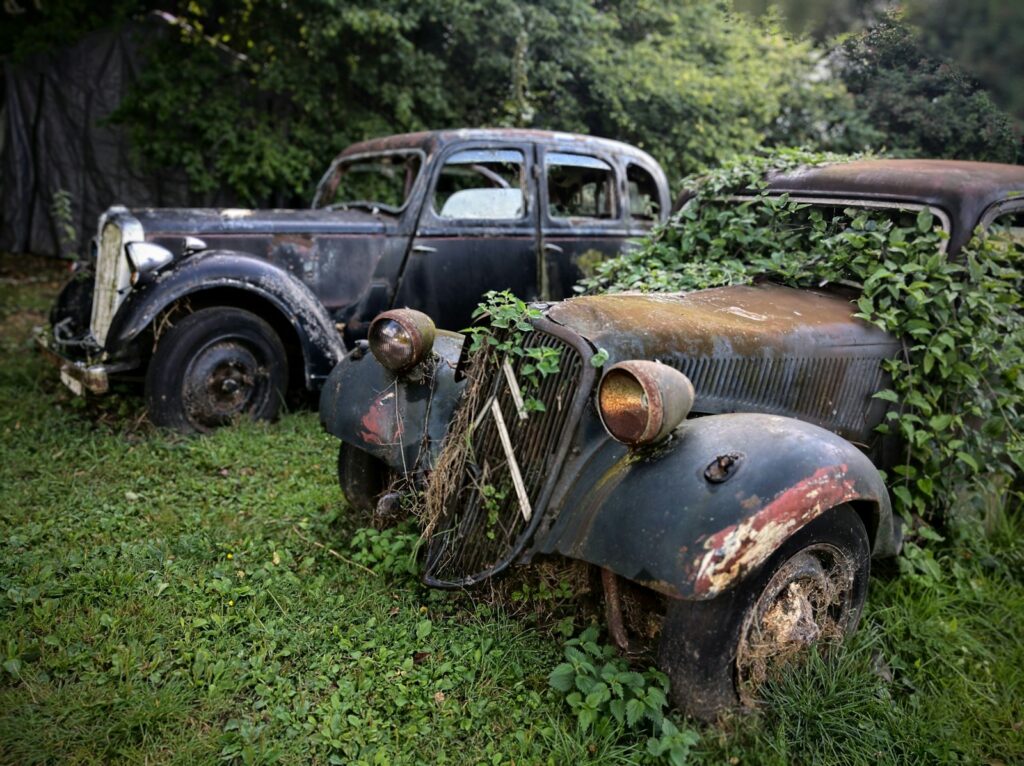
Using your backyard as a storage yard for broken furniture, scrap materials, or unused vehicles is generally prohibited. Such clutter not only affects neighborhood aesthetics but also attracts pests and decreases property values. Many cities have ordinances requiring outdoor areas to remain clean and free from debris. Vehicles without registration or visible rust often qualify as public nuisances and may be towed. Maintaining a tidy yard demonstrates pride of ownership and supports community standards. Regularly decluttering ensures compliance while keeping your outdoor space functional, attractive, and inviting for everyday use.
14. Installing Permanent Structures Without Inspection
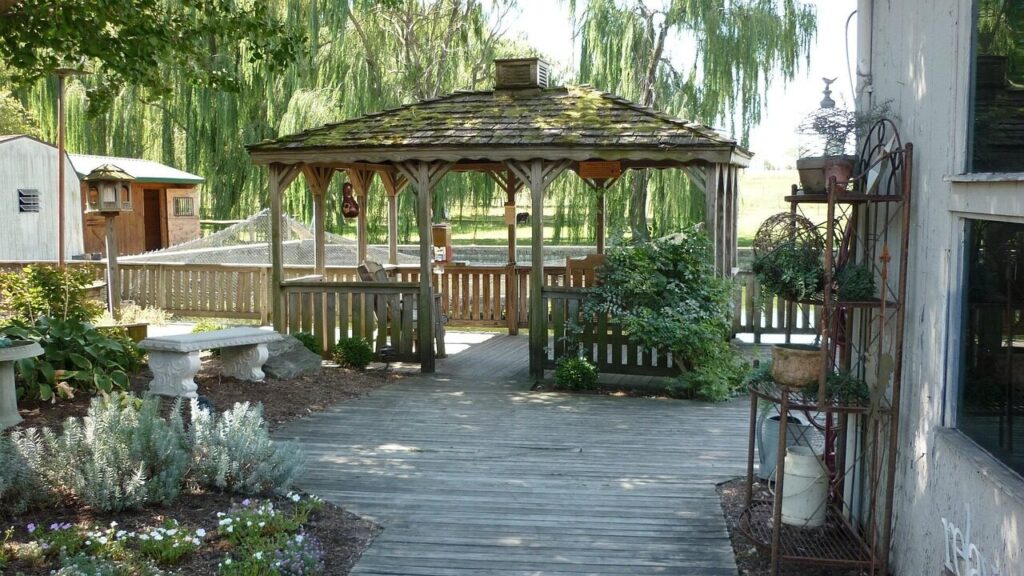
Adding gazebos, decks, or patios may seem like minor projects, but most require inspections to ensure structural safety. Building without approval can lead to fines or mandatory removal. Local building codes address load-bearing limits, electrical safety, and foundation integrity. Inspections protect homeowners from accidents or future real estate issues during resale. Obtaining proper permits also ensures compliance with zoning setbacks and drainage rules. Taking time to follow these steps not only avoids legal troubles but also guarantees that your backyard additions are durable, safe, and built to last.
15. Improper Disposal of Pool Water
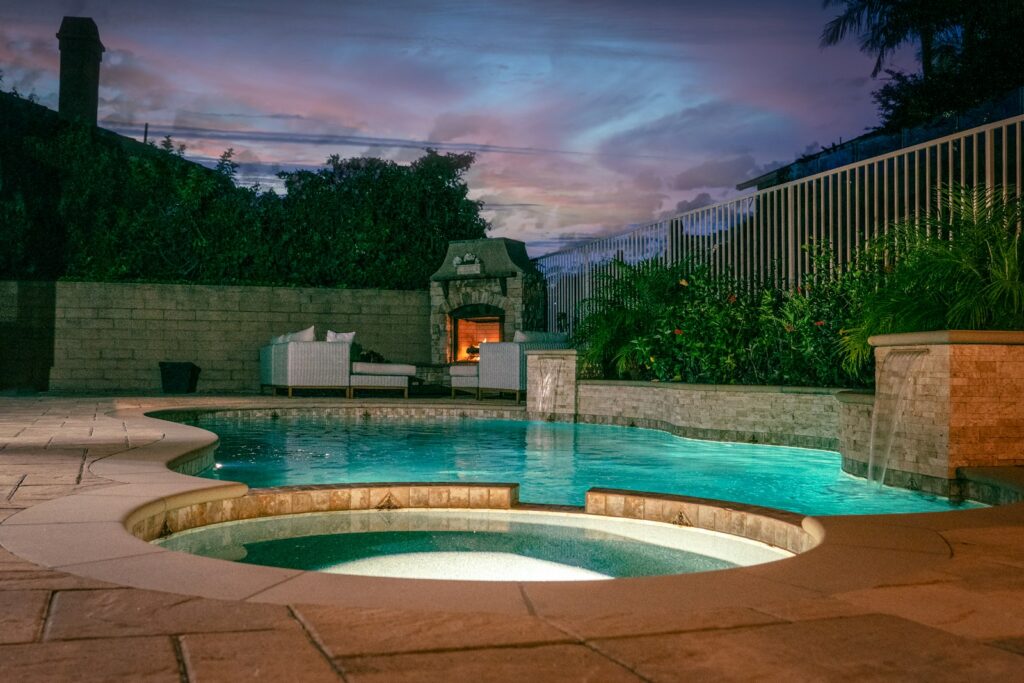
Draining your pool or hot tub directly into storm drains or lawns is often illegal because the water contains chemicals like chlorine that harm plants and aquatic life. Local regulations typically require discharging pool water into sanitary sewer systems or after dechlorination. Ignoring these rules can result in environmental fines and damage to your landscaping. To stay compliant, check municipal guidelines before cleaning or emptying your pool. Using eco-friendly treatment methods and proper drainage protects both your property and local waterways, promoting sustainable backyard maintenance practices for everyone’s benefit.
16. Unlicensed Home Businesses
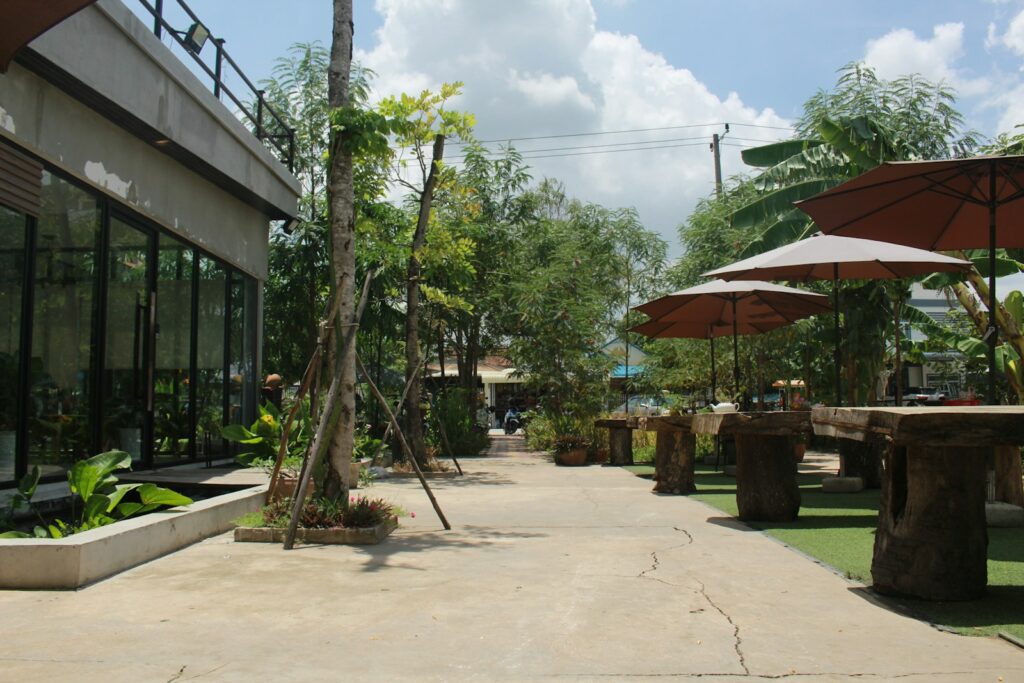
Running a home-based business might sound convenient, but using your backyard as a commercial workspace can violate zoning laws. Activities like auto repair, large-scale baking, or equipment storage often fall under restricted categories. These operations can generate noise, odors, or increased traffic, which disrupt residential peace. Local governments may allow certain low-impact home businesses, but permits and limitations still apply. Always confirm your area’s zoning classification before operating. Keeping business activities indoors or within approved limits ensures compliance, protects your neighbors’ comfort, and avoids legal complications with local authorities.
17. Leaving Holiday Decorations Year-Round
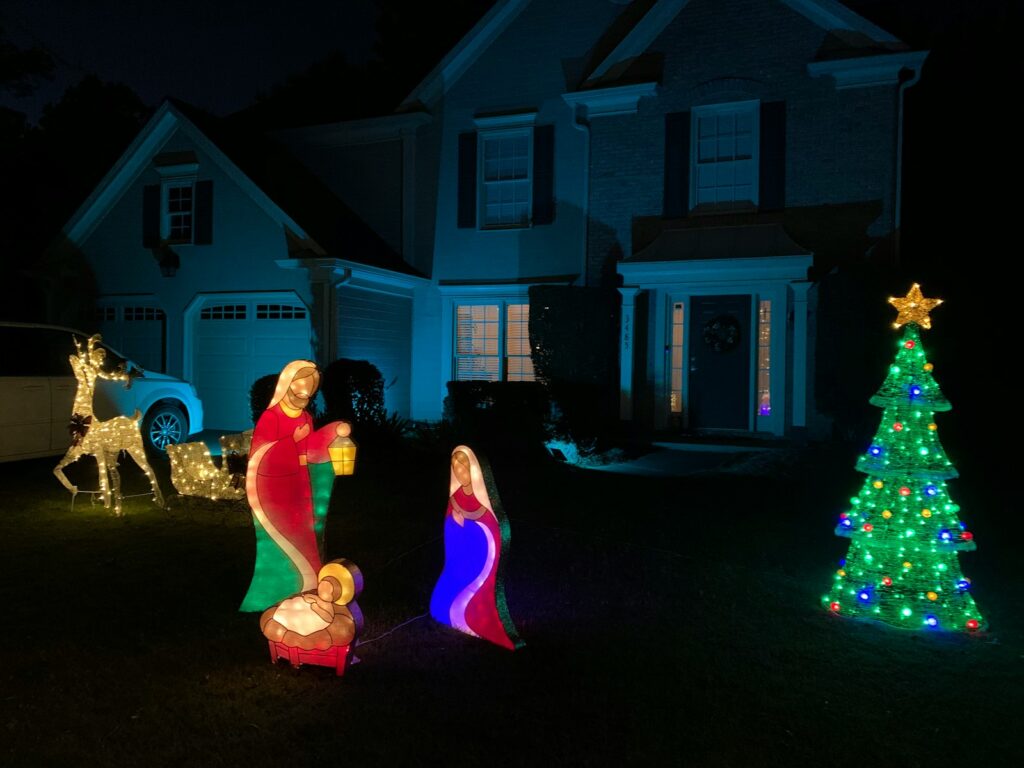
Holiday lights and décor add seasonal charm, but leaving them up year-round can breach neighborhood rules or homeowners’ association standards. Prolonged displays may be considered unsightly or a safety hazard if wiring deteriorates over time. Many communities recommend removing decorations within thirty days after a holiday. Regularly updating your backyard’s appearance keeps it visually appealing and compliant. Using subtle, timeless lighting options can preserve festive spirit without breaking regulations. Respecting these timelines shows community awareness and ensures your outdoor space remains tasteful, safe, and ready for new celebrations anytime.
18. Setting Up Outdoor Kitchens Without Permits
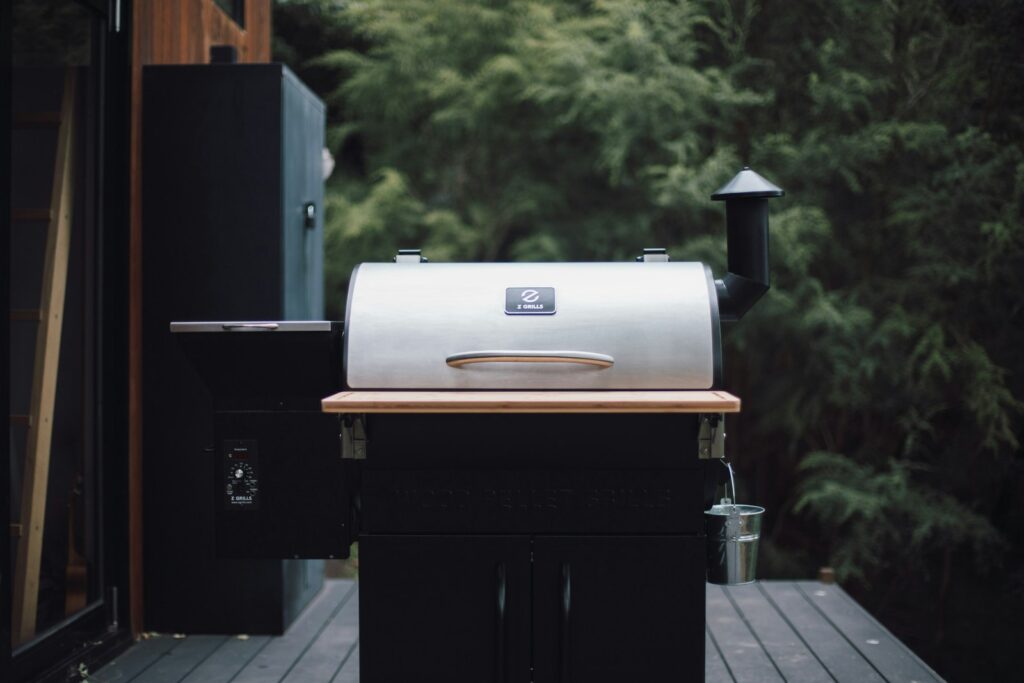
Outdoor kitchens have become popular, but adding gas lines, plumbing, or electrical connections requires permits. Unpermitted installations risk fire hazards, leaks, or code violations. Local inspectors check for proper ventilation, material safety, and safe distances from structures. Building without approval may also void insurance coverage in case of damage. To stay compliant, work with licensed professionals and submit required plans. Following guidelines ensures your outdoor cooking area remains safe, efficient, and legally sound while enhancing your home’s value and entertainment potential without future regulatory issues.
19. Ignoring Water Restrictions
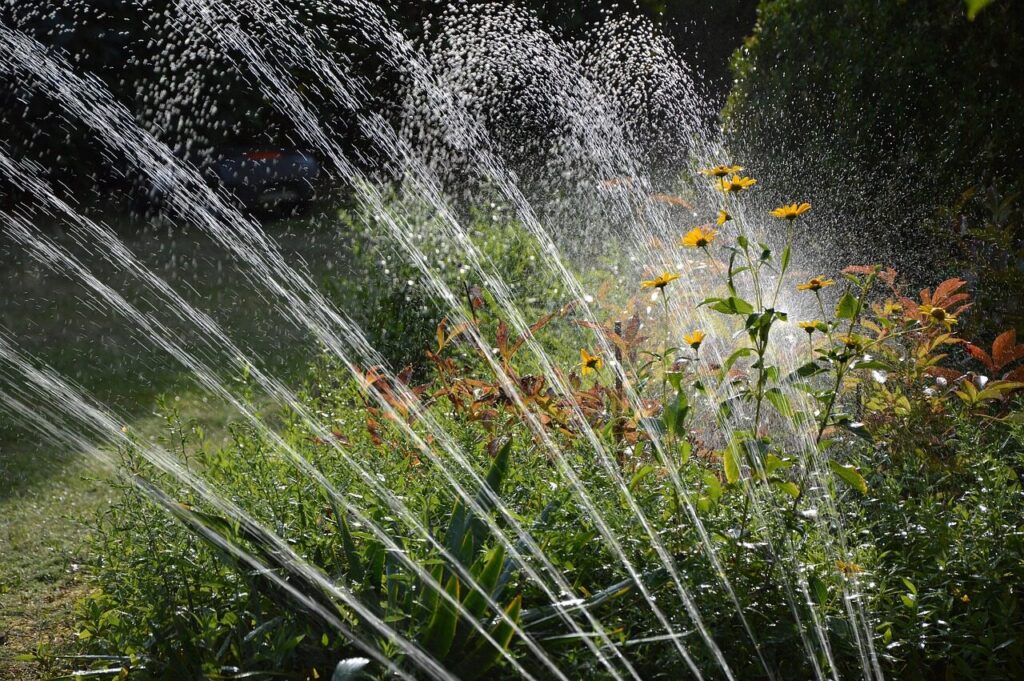
During droughts or conservation mandates, watering lawns or filling pools at prohibited times can lead to steep fines. Many regions implement strict watering schedules to preserve local water supplies. Homeowners are encouraged to adopt drip irrigation, drought-tolerant plants, or rain sensors. Violating water restrictions not only affects your wallet but also harms the environment. Staying informed through municipal updates helps avoid accidental misuse. Responsible water management supports sustainability and community cooperation, ensuring your backyard remains green without wasting precious natural resources during critical conservation periods.
20. Using Unapproved Outdoor Structures for Living
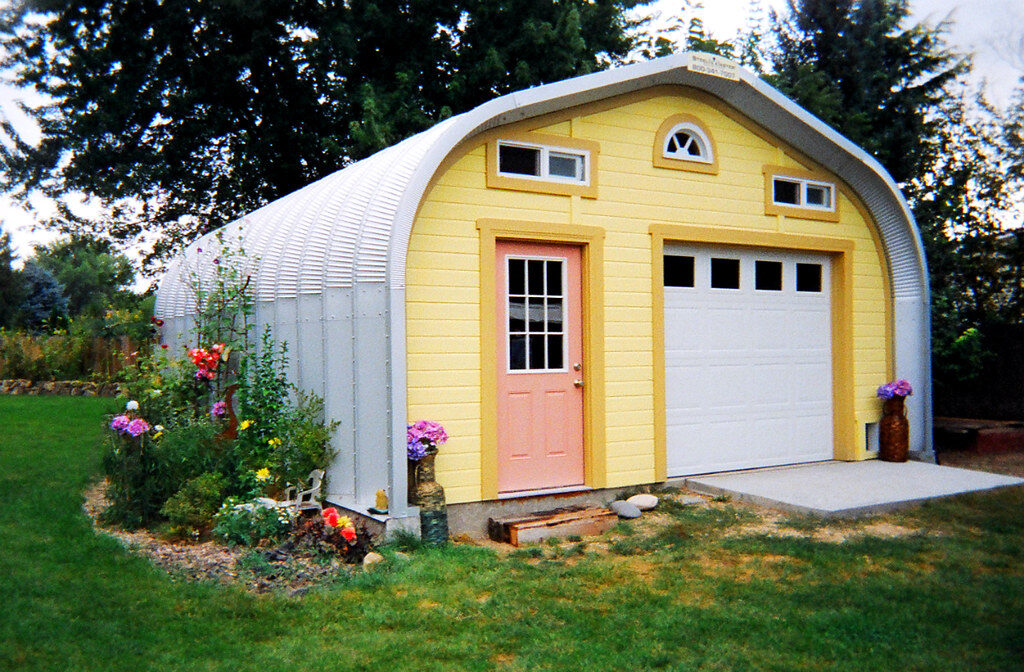
Transforming sheds, garages, or tiny homes into rental units or living spaces without authorization is often illegal. Zoning laws classify such conversions as secondary dwellings that require inspection and permits. Without proper plumbing, ventilation, or insulation, they pose health and safety risks. Authorities may issue fines or demand removal if violations occur. For those seeking extra space, consider legally approved accessory dwelling units that meet residential standards. Compliance ensures safety, comfort, and neighborhood harmony while allowing creative use of your backyard within the law.
Comments